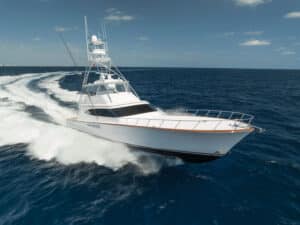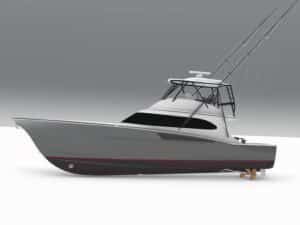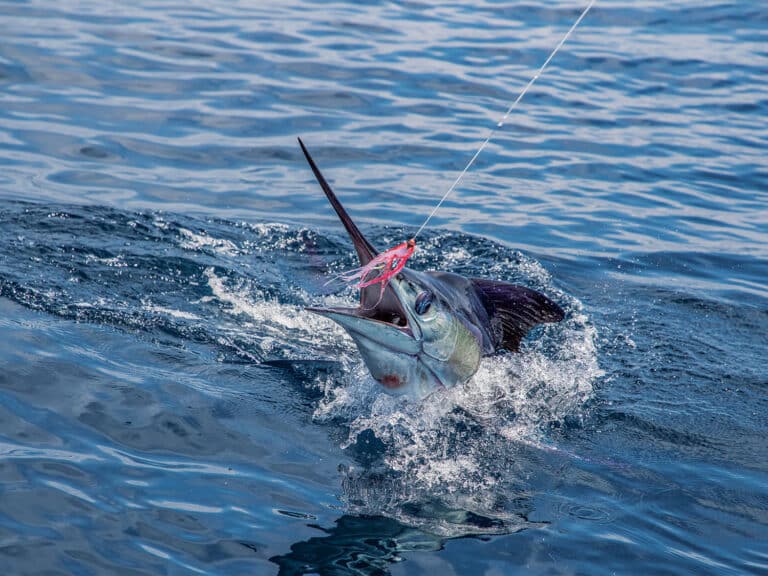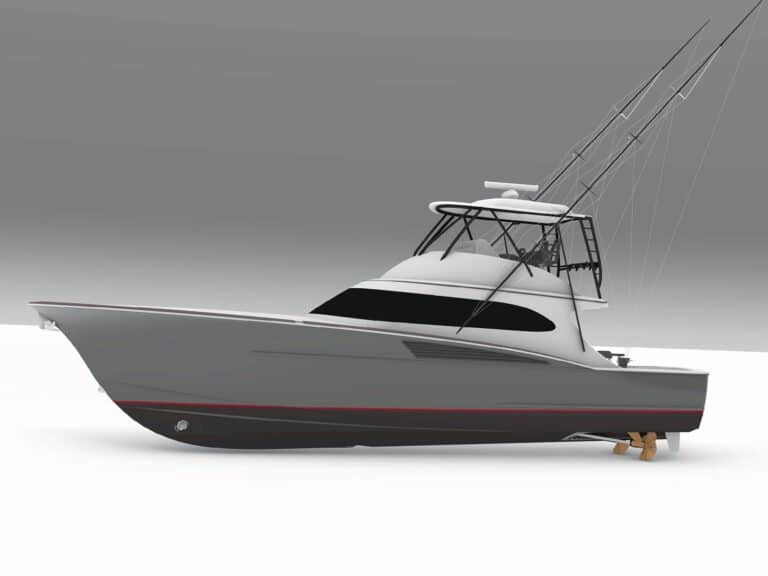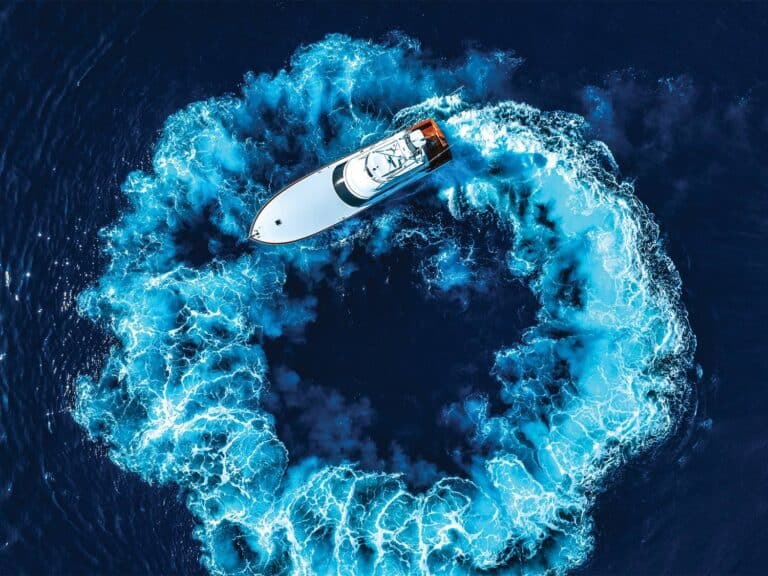
I grew up in Ocean City, Maryland, and spent my younger years white marlin fishing; my first job as a mate was in 1984 on a 52-foot Whiticar named Bluewater. And even though it’s been more than 20 years since I ran a sport-fishing boat professionally, I truly miss the camaraderie, the pranks—and most of all, the competition.
Since my Ocean City days, I got married, raised two beautiful children and built a successful asset-management firm in South Florida, where I continue to fish as often as possible. I realize that many of us have a great passion for the sport, but might have a difficult time planning for the future, so I developed fishingandfinances.com as a way to provide basic knowledge of a variety of financial matters for those in the sport-fishing industry.
Perhaps better than most, I understand the lifestyle, the time constraints and the struggles captains and mates share: Being away from home, the long days of tournaments and the stress of not knowing if the owner is going to sell the boat out from under you at any minute. But you can control some of that uneasiness by getting a firm hold on your financial situation, and that starts with a budget.
The First Step
For many people, putting themselves on a budget feels like the world is coming to an end. But budgets can also bring peace of mind to those who want to effectively manage their money, plan for the future, and save for emergencies. It is important to be realistic about both your income stream and your spending.
Sometimes it is not a perfect world and everything changes from month to month, which is all the more reason to work it out on paper and see how you can take more control during times of instability. So, let’s take a look at the two basic categories that make up a budget: Your income and your expenses.
First, list all your income sources at the top of a piece of paper—or use an Excel spreadsheet. If you’re married or have a partner with whom you split the bills, include the income they contribute as well. It should include all wages, tips, bonuses, tournament winnings, etc., that you take home—not your gross pay, which hasn’t had taxes and other pesky expenses taken out yet.
Fixed and Variable Expenses
Next, take a hard look at the past few months’ bank and credit-card statements. Write down all your expenses that are pretty consistent and tend to cost about the same each month. These are your fixed expenses, and include things such as rent or mortgage, utilities, cellphone, insurance policies, loan, car or credit-card payments. List all of these and the amounts below the income section.
Now, take a close look at the expenses that might fluctuate up and down each month. These are your variable expenses and include things such as grocery bills, travel, entertainment, car or home repairs, fuel and clothing purchases. List these and the average or common amount below the fixed-expenses section.
Finally, subtract both fixed and variable expenses from your income. If the result is a positive number, great job, you’re on the right track. If it’s not, don’t panic. Our goal is to help you—whether your budget number is positive or negative—to improve your bottom line.
Plan for the Future
While the concepts are basic, the best advice is to speak directly with a professional advisor. I am offering boat owners, captains and crew access to my staff and myself for a complimentary consultation in which you can ask questions, gain insight and start putting a plan together for your future.
It won’t cost you a dime and you might sleep better at night knowing that you are on the right track financially.

